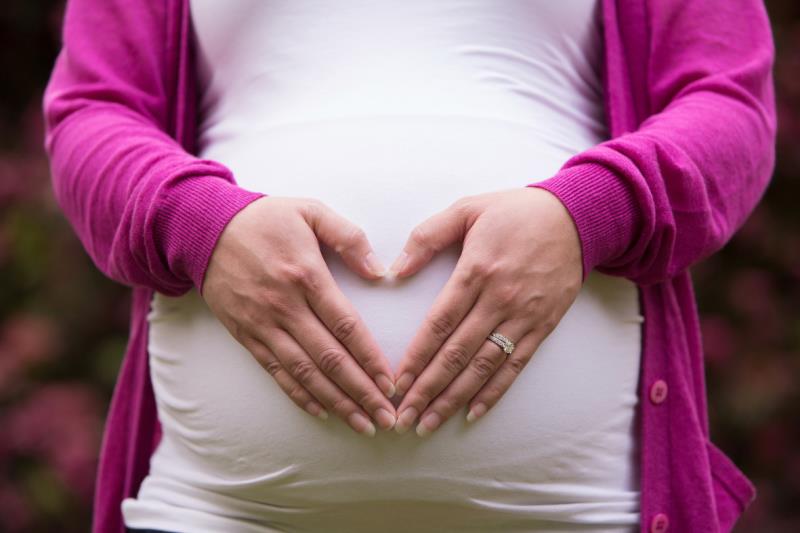
Urinary tract infections (UTIs) that occur in childhood do not contribute to an increased risk of pregnancy-related complications in women, according to a study, suggesting that such infections seem to cause no significant latent renal damage.
The study included 260 mothers with a childhood UTI and 500 matched controls who had not developed UTI as a child. More women in the UTI than in the control group had pre-existing autoimmune diseases (4.6 percent vs 1.8 percent). The mean body mass index of both groups at the first antenatal visit had been 23 kg/m2.
Among women with childhood UTIs, more than half (59 percent) experienced recurrence, and the mean number of UTI episodes per patient was 2.6. Renal and urinary tract ultrasonography findings were abnormal in 47 women with childhood UTI, and the most common findings were mild renal pelvis dilatation and duplex kidney.
The incidence of pregnancy-related complications did not significantly differ between the UTI and control group (40 percent vs 41 percent, respectively; relative risk [RR], 0.99, 95 percent confidence interval [CI], 0.82–1.2; p=0.91).
Likewise, the two groups were similar in terms of the risks of essential hypertension (RR, 1.0, 95 percent CI, 0.65–1.6; p=0.92), gestational hypertension (RR, 0.93, 95 percent CI, 0.74–1.2; p=0.54), pre-eclampsia (RR, 1.5, 95 percent CI, 0.91–2.5; p=0.11), proteinuria (RR, 1.2, 95 percent CI, 0.81–1.8; p=0.36), or pyelonephritis (two controls and none in the UTI group; p=0.55) during the first pregnancy.
The findings indicate that UTIs in children without major urinary tract abnormalities have a good long-term prognosis, researchers said.